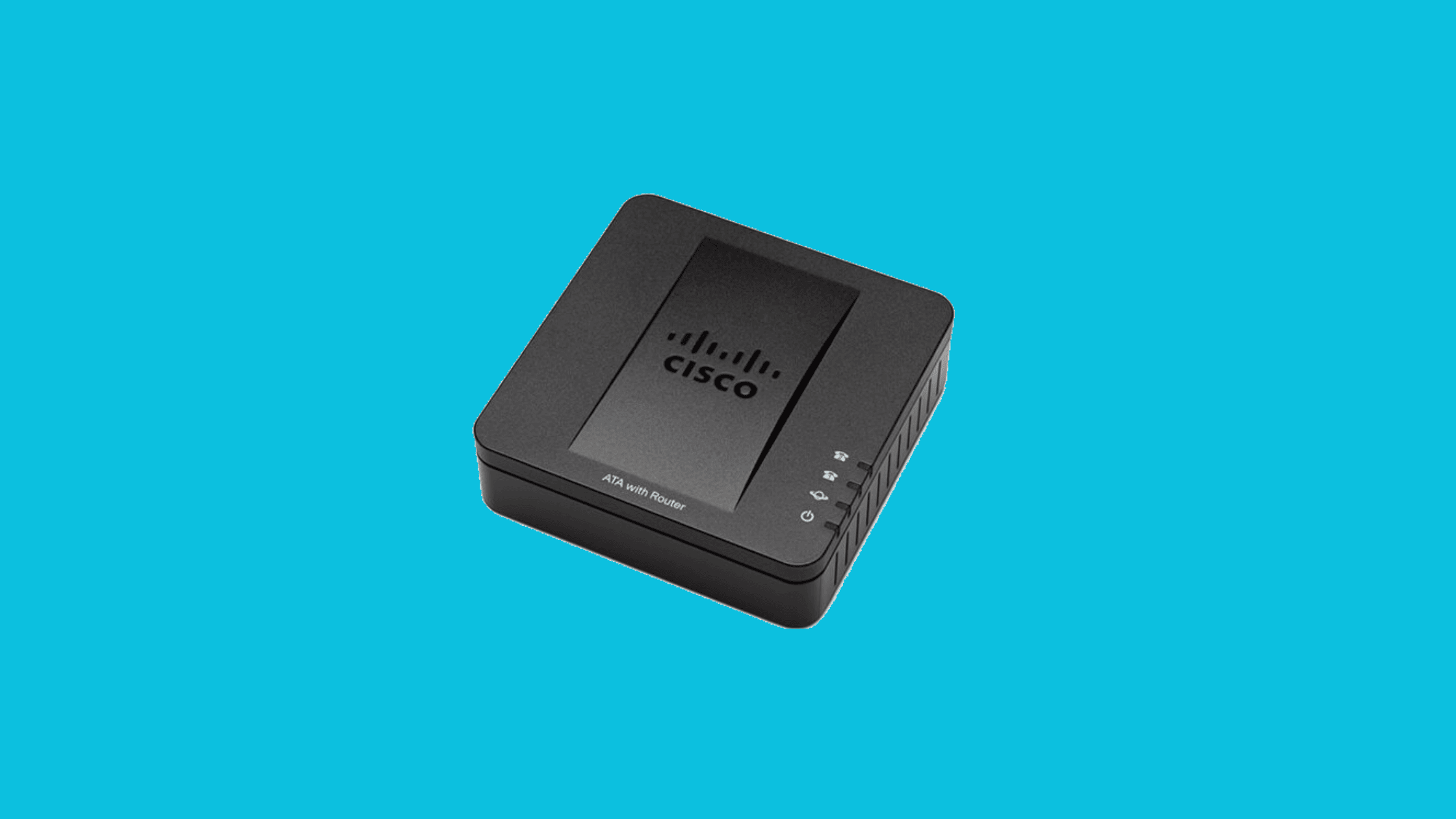Table of Contents
CVE-2023-20126- A Critical RCE Vulnerability in Cisco SPA112 2-Port Phone Adapter
Network manufacturer giant Cisco published an advisory on 3rd May. In the advisory, Cisco shared a critical RCE vulnerability in Cisco SPA112 2-Port Phone Adapter. According to the research team, the flaw tracked underneath CVE-2023-20126 is lice in the web-based management interface of Cisco SPA112 2-Port Phone Adapters that lets unauthenticated, remote attackers execute arbitrary code on affected devices, potentially compromising sensitive data and disrupting communication systems.
We published this blog post to share information about the vulnerability and its consequences. Let’s get started.
Short Introduction About Cisco SPA112 2-Port Phone Adapter
The Cisco SPA112 is a 2-port phone adapter designed to connect analog phones and fax machines to a Voice over IP (VoIP) network. It is a compact and affordable device that allows users to make and receive phone calls over the internet instead of traditional landlines. The SPA112 supports industry-standard Session Initiation Protocol (SIP) and can be used with a wide range of VoIP service providers. It also features advanced security protocols to ensure the privacy and integrity of voice communications. Overall, the Cisco SPA112 is a reliable and cost-effective solution for small businesses or home offices that want to take advantage of the benefits of VoIP technology.
Summary of CVE-2023-20126:
Vendor: Cisco
Vulnerability type: Remote Code Execution
CVSS v3: 9.8
Vector: AV:N/AC:L/PR:N/UI:N/S:U/C:H/I:H/A:H
This is a critical remote code execution vulnerability with a CVSS score of 9.8. The vulnerability stems from a missing authentication process within the firmware upgrade function. Adversaries can exploit this vulnerability by upgrading an affected device with a maliciously crafted version of the firmware. Successful exploitation grants the attacker full privileges to execute arbitrary code on the targeted device.
Affected Products
The vulnerability affects all firmware releases for Cisco SPA112 2-Port Phone Adapters.
Actions to Mitigate the RCE Vulnerability in Cisco SPA112 2-Port Phone Adapter
There are no workarounds that directly address this vulnerability, leaving users with limited options for protecting their devices.
Cisco has declared that it will not release firmware updates to fix the vulnerability CVE-2023-20126. The Cisco SPA112 2-Port Phone Adapters have entered the end-of-life process, and users are advised to check out the End-of-Sale and End-of-Life Announcement for the Cisco SPA112 2-Port Phone Adapter and SPA122 ATA with Router. Cisco recommends users migrate to the Cisco ATA 190 Series Analog Telephone Adapter for a more secure communication solution. And follow the latest updates at the Cisco Security Advisories page for Cisco products advisories.
Conclusion
Users of Cisco SPA112 2-Port Phone Adapters must remain vigilant and consider migrating to a more secure alternative, such as the Cisco ATA 190 Series Analog Telephone Adapter. Regularly reviewing security advisories and consulting with Cisco’s Technical Assistance Center can help ensure a smooth and secure transition to a new communication solution.
We hope this post would help you know about CVE-2023-20126- A Critical RCE Vulnerability in Cisco SPA112 2-Port Phone Adapter. Please share this post and help secure the digital world. Visit our social media page on Facebook, LinkedIn, Twitter, Telegram, Tumblr, Medium & Instagram, and subscribe to receive updates like this.
You may also like these articles:
How To Fix CVE-2022-20842, a Remote Code Execution Vulnerability in Cisco RV Series Routers
Fix Multiple Critical Vulnerabilities In Cisco RV Series Routers
How To Fix CVE-2022-20798- An Authentication Bypass Vulnerability In Cisco ESA And Cisco SMA
How To Fix CVE-2022-20650- The New RCE Vulnerability In Cisco Switches?
Arun KL
Arun KL is a cybersecurity professional with 15+ years of experience in IT infrastructure, cloud security, vulnerability management, Penetration Testing, security operations, and incident response. He is adept at designing and implementing robust security solutions to safeguard systems and data. Arun holds multiple industry certifications including CCNA, CCNA Security, RHCE, CEH, and AWS Security.
